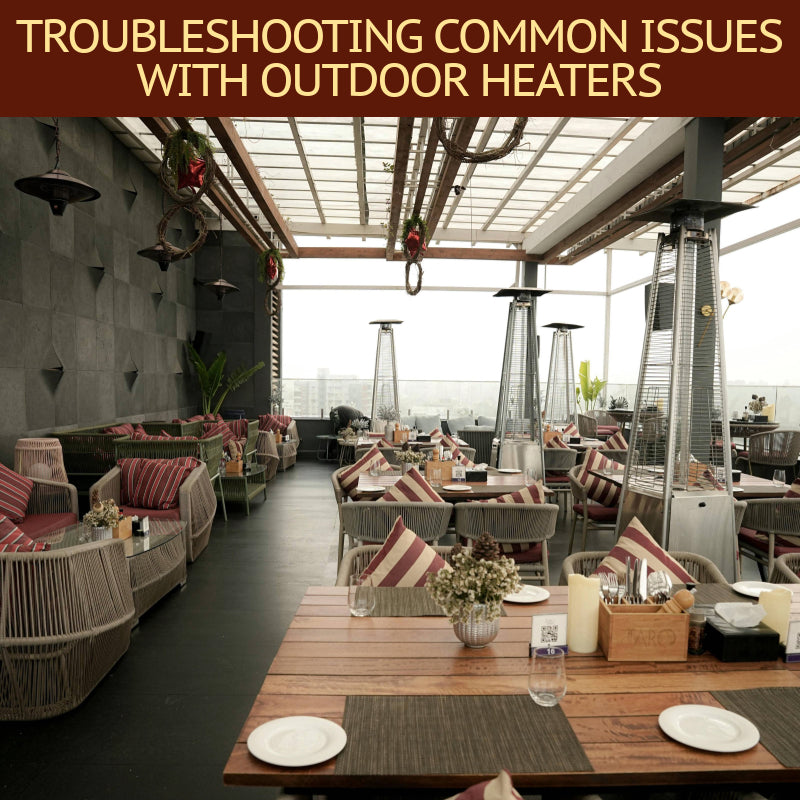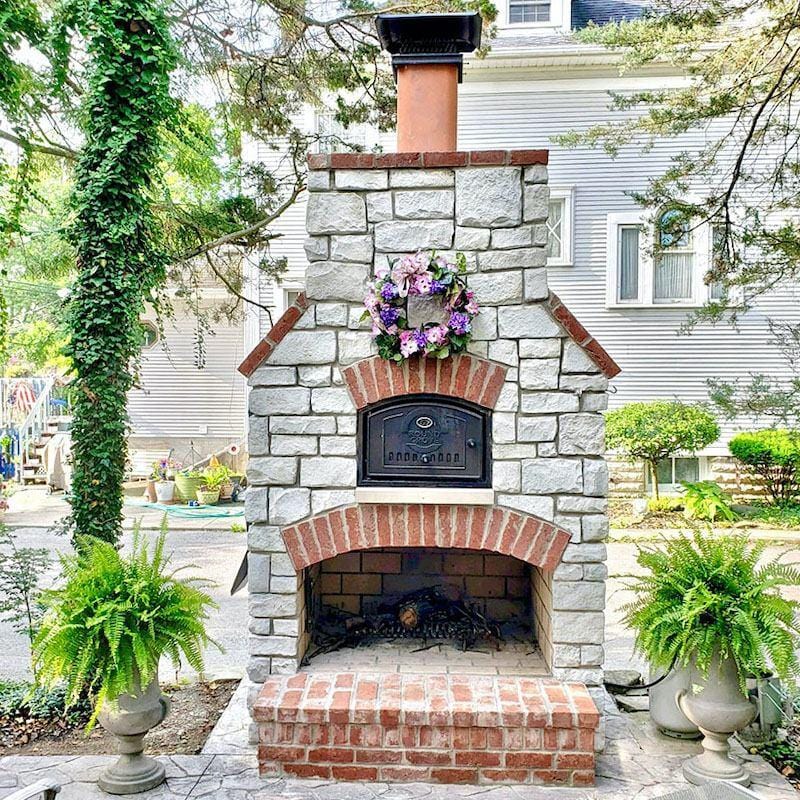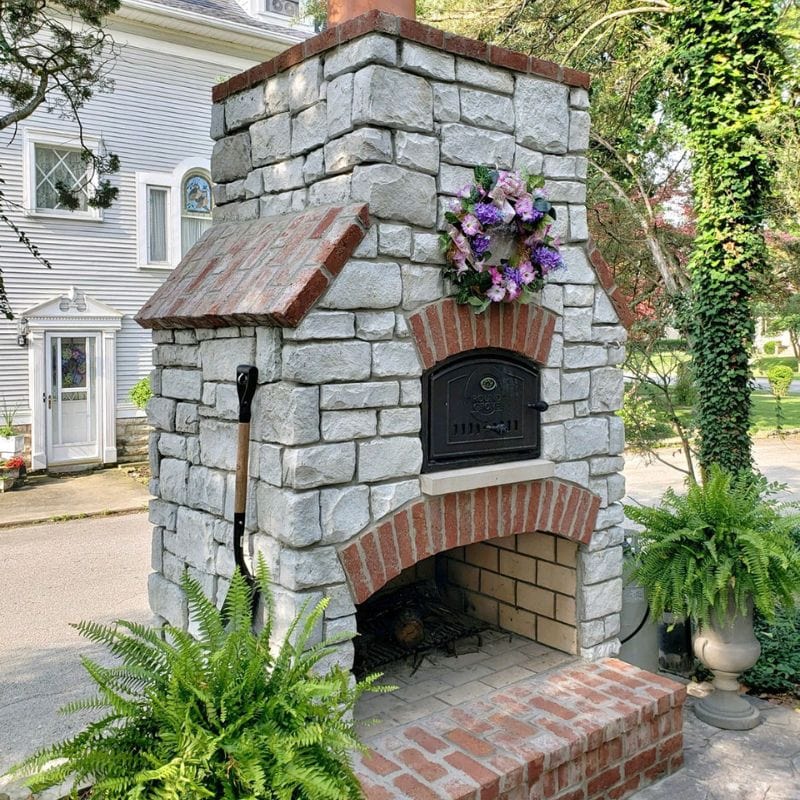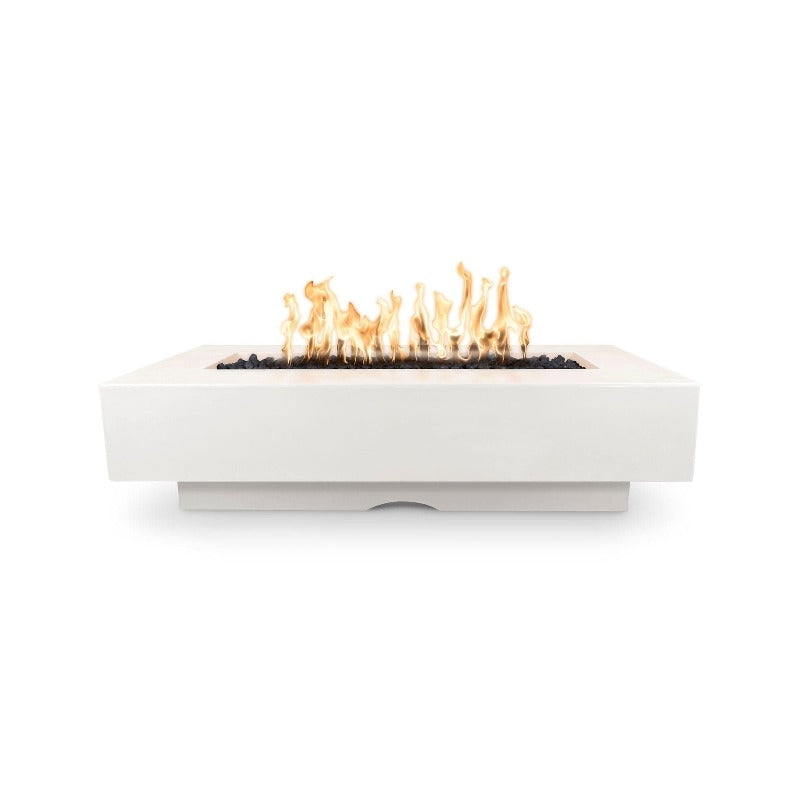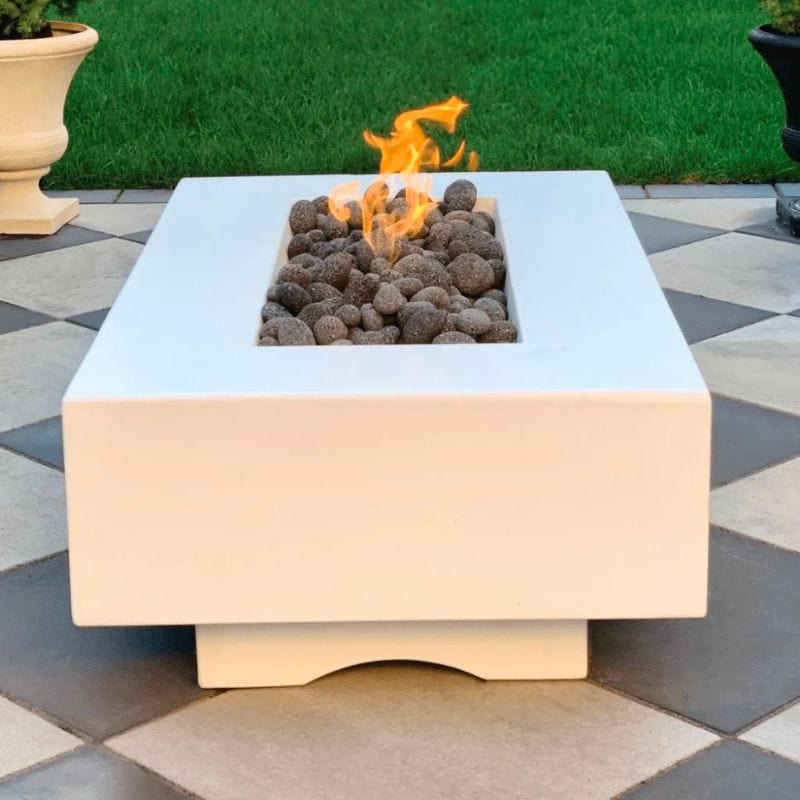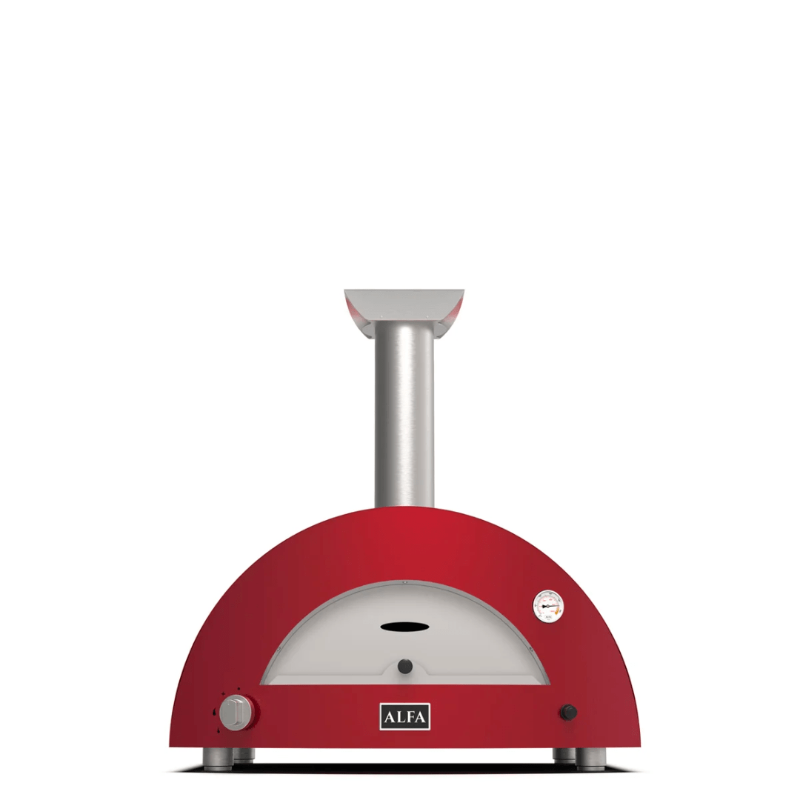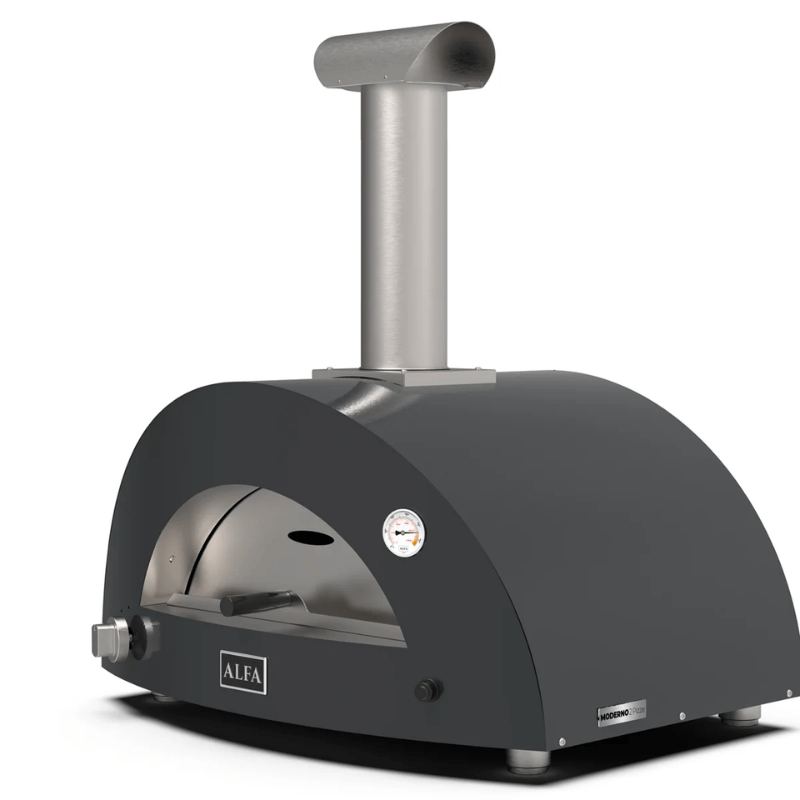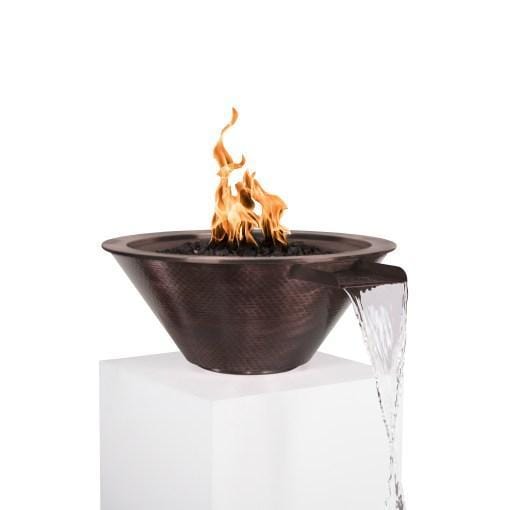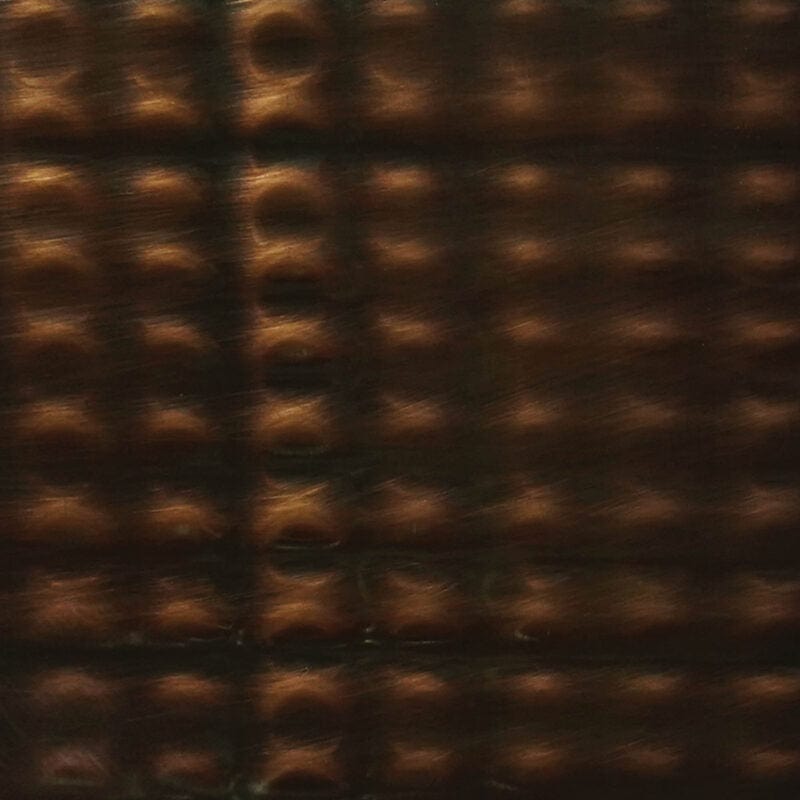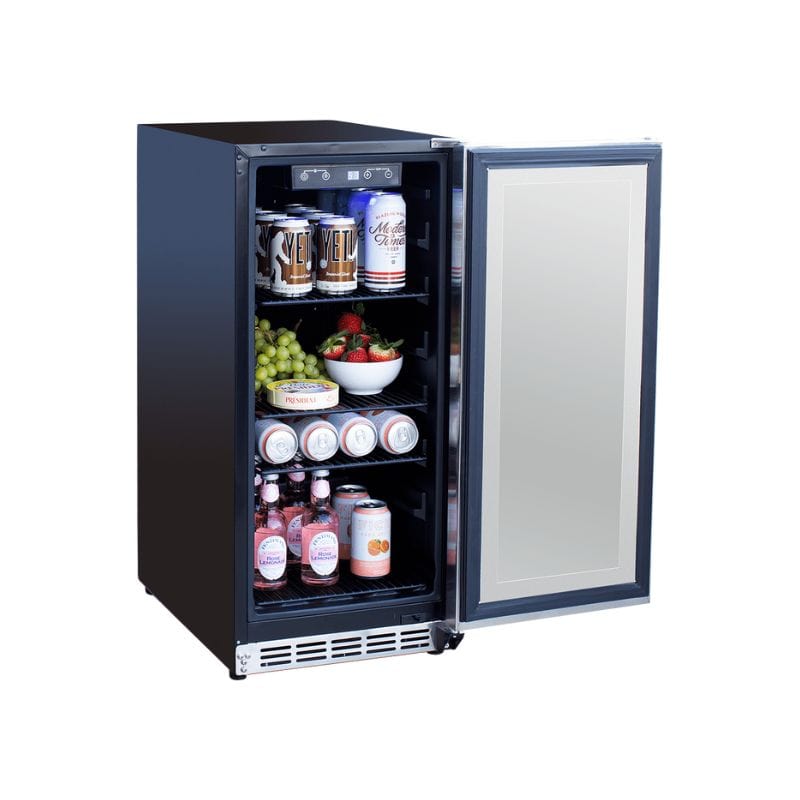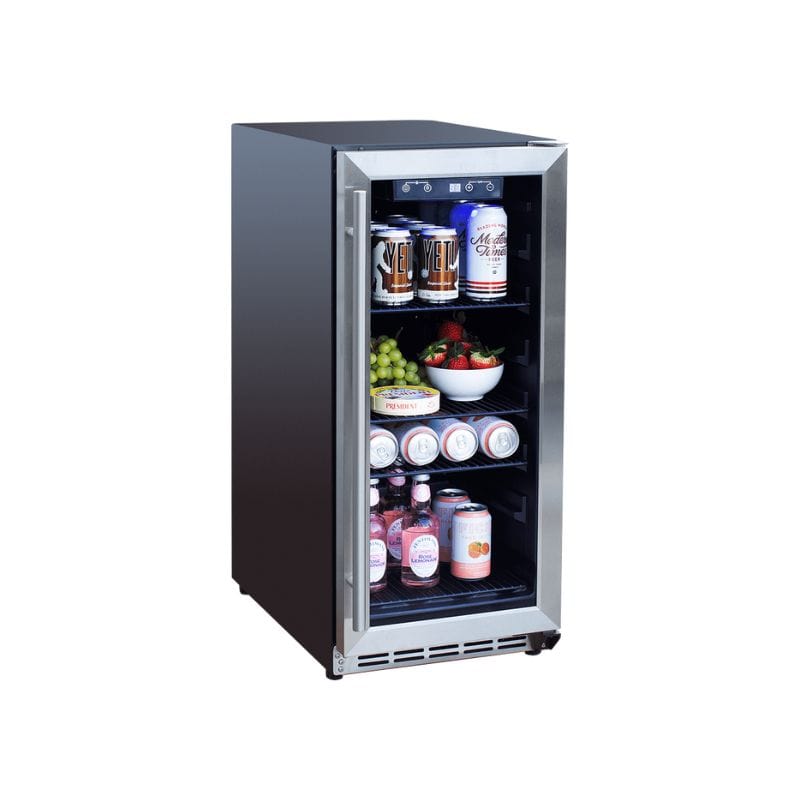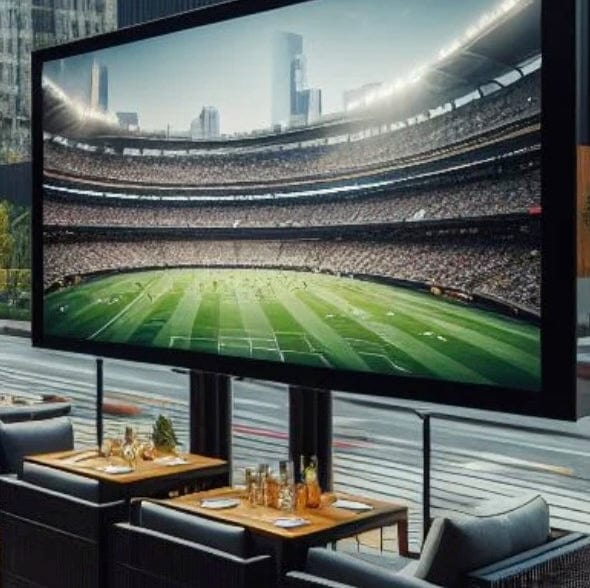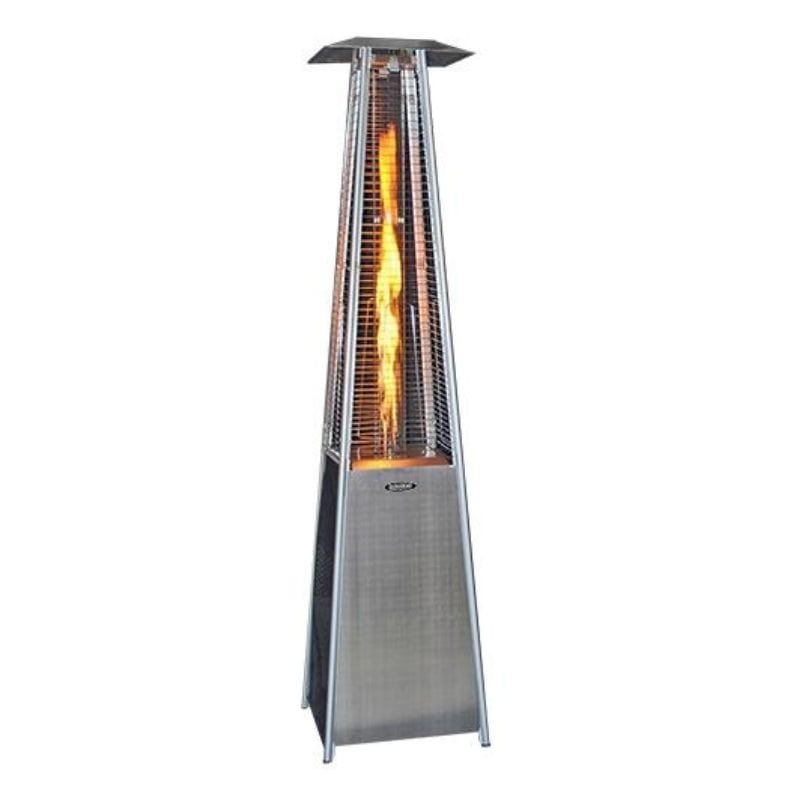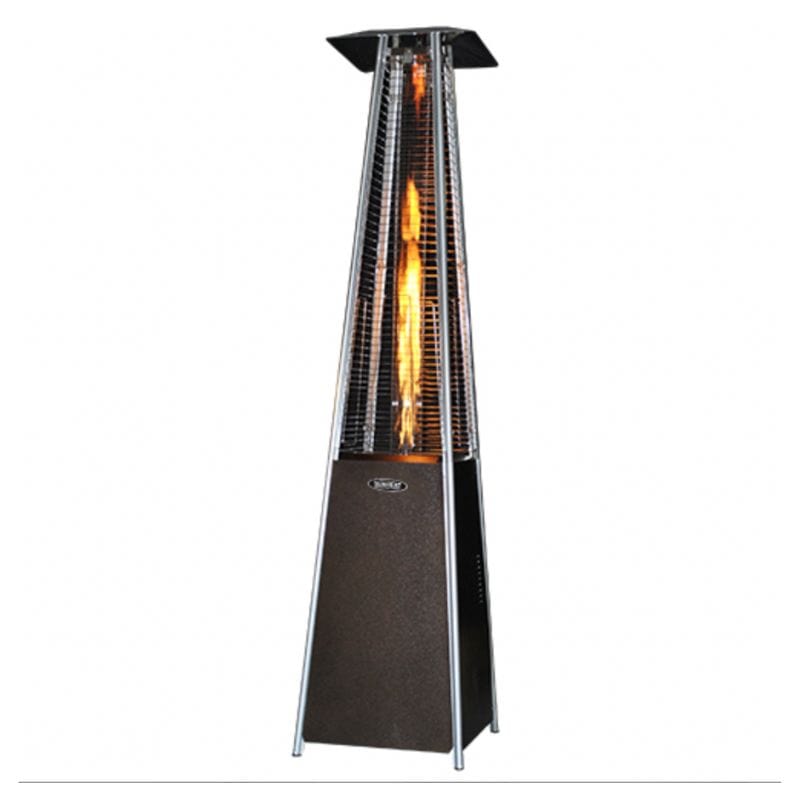Outdoor heaters are a bit of a lifesaver when the chill sets in, especially if you’re trying to enjoy your deck or keep a café’s outdoor seating warm during cooler months. But just like any appliance, things can go wrong—and often at the worst time, like when you’ve got mates over for a barbecue.
If your outdoor heater’s decided to play up, don’t stress. Here’s a practical guide to sorting out common issues without jumping straight on the phone to a tradie. Sometimes it’s a simple fix you can handle yourself with a bit of know-how.
Heater Not Turning On? Here’s What to Check
Let’s start with the obvious one. If your heater won’t turn on at all, it could be something as simple as no power—or no gas.
For gas heaters
- Check the gas bottle - is it empty? Give it a shake or swap it out if you’re not sure.
- Make sure the valve’s open - Sounds obvious, but it’s easy to forget.
- Press the ignition button - If there’s no clicking noise when you press the button, the igniter might be dead, or the battery’s flat.
For electric models
- Test the power point - Plug something else into the same outlet. If that doesn’t work either, you’ve got a power issue, not a heater problem.
- Look for damage - Check the power cord or plug. If it looks dodgy, stop using it straight away.
And if you’re using a remote or timer, double-check the settings or swap the batteries. Sometimes the fix is that simple—especially when dealing with different types of heaters, as each may have unique control features.
Weak Flame or Uneven Heat? Here's Why
If the heater's running but barely throwing out any warmth—or the flame looks a bit dodgy, it might be:
- A dirty burner - Outdoor heaters cop a lot of dust, insects, and spider webs, especially if they haven't been used for a while. Clean it out gently with a soft brush or some compressed air.
- Low gas pressure - Your gas bottle might be nearly empty, or the regulator could be faulty. A typical 9kg bottle lasts around 9–12 hours, depending on the heat setting.
- Worn-out Parts - Over time, the tiny holes where the gas comes through (called orifices) can wear down or get blocked.
There are a few different types of outdoor heaters, and how you troubleshoot can depend on the style you're using. You can get a sense of the common options by browsing the outdoor heater selection, especially if you're unsure what model you have.
PRO Tip: Always turn the heater off and let it cool before cleaning or fiddling with anything.
Heater Keeps Turning Itself Off
Frustrating, right? It powers on without issue but unexpectedly turns off after running for a few minutes.
Common Culprits
- Thermocouple Issues - This little safety device senses heat from the pilot light. If it’s dirty or misaligned, the heater might think the flame’s out and shut down.
- Wind - Even a light breeze can blow out the flame or mess with the sensor. Try moving the heater to a more sheltered spot.
- Clogged Pilot Tube - A weak pilot flame can cause the heater to shut off and fail to stay lit
Common Culprits
A common headache with gas heaters. You light it, it stays on for a second, then pfft—gone.
- Clean the pilot opening - Use a small wire or even a toothpick to gently clear any muck.
- Check for wind - Again, wind is the enemy of outdoor heaters.
- Therocouple again - If it's faulty or not getting hot enough, it'll keep shutting things down.
If you've tried cleaning and adjusting things with no luck, it might be time to replace the thermocouple. They're not too pricey, and most hardware shops stock them.
It's Smelly or Sooty
If your heater gives off weird smells or leaves black marks, that's not a great sign.
Possible causes:
- Not enough ventilation - Even though they're for outdoor use, heaters still need decent airflow. Don't back them up against walls or sit them under low eaves.
- Blocked burners or pilot - Soot is usually a sign of poor combustion. Give everything a clean and make sure the flame looks blue, not yellow.
- Wrong gas - Make sure you're using the right gas for your unit—LPG for most Aussie outdoor heaters.
And if the smell is really strong or you suspect a gas leak, shut everything off and get it checked professionally—don't much around with gas leaks.
Electric Heater Not Heating Up
Electric models are a bit simpler, but they can still run into trouble.
- Overloaded power boards - If you've got too many things plugged in, the heater might not be getting enough juice.
- Worn-out element - Over time, heating elements break down. If it's not heating evenly or not at all, that could be why.
- Check your settings - Remote not working? Timer set incorrectly? Flat batteries? Worth double-checking before pulling the thing apart.
A Few Quick Maintenance Tips
Most heater problems come from lack of maintenance. Give your heater a bit of regular love and it'll last much longer.
- Clean it at the start and end of each season - Wipe it down, clear out the burners, and check the fittings.
- Inspect the gas hose and connections - Look for cracks or wear. You can also do a simple bubble test with soapy water to check for leaks.
- Keep it covered - If it’s staying outside, grab a weatherproof cover to keep it clean and dry.
- Service it once a year - Especially for gas heaters. A licensed gas fitter can do a proper check and make sure it’s safe.
When to Call in a Pro
There's nothing wrong with DIYing the basics, but some things are best left to the experts—especially when it comes to gas and electricity. If you smell gas, can't get the heater working after a few tries, or something seems unsafe, it's time to call in a licensed tradie.
In Australia, only qualified professionals can legally carry out gas repairs. Don't take risks—your safety is worth more than saving a few bucks.
Keep Your Outdoor Heater Running Smoothly
Outdoor heaters are great for making the most of your space all year round, but when they stop working, they can be a real pain. Luckily, a lot of the issues are easy enough to sort out yourself if you know what to look for.
Regular cleaning, proper storage, and paying attention to the little things (like pilot lights and gas levels) can save you from headaches down the track. And if in doubt—always call a PRO.
Nothing worse than a cold night and a heater that refuses to play nice.

